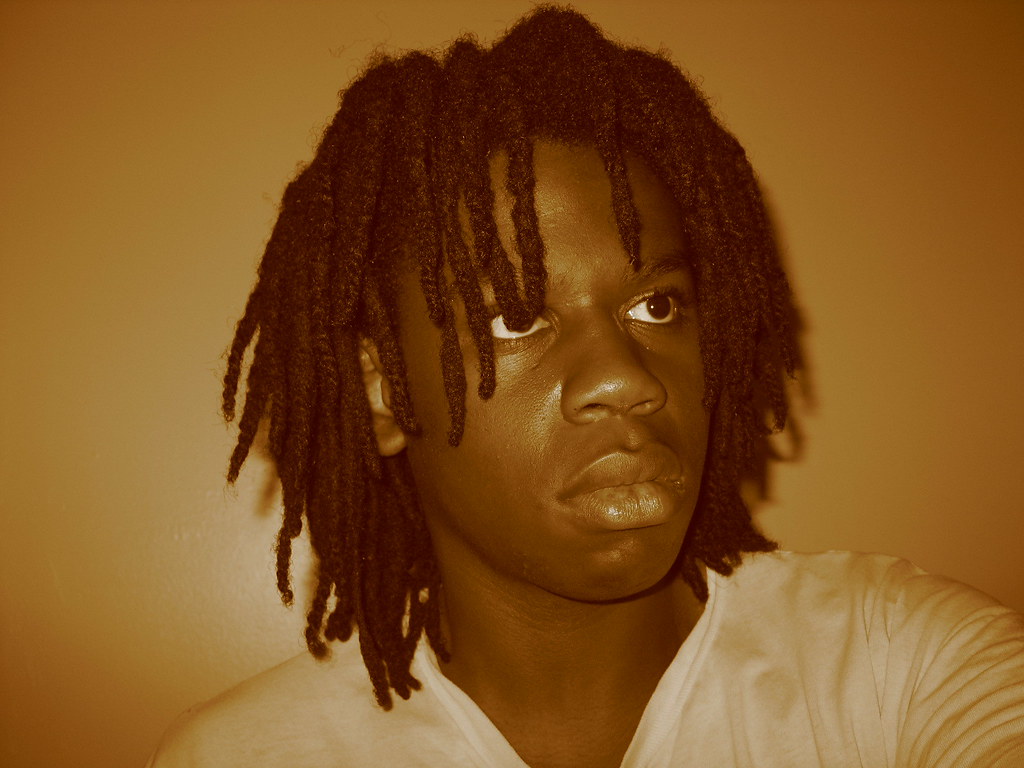If you are unaware, CNN has decided to round up Anderson Cooper and a new media website to host a series of debates. This new media site is YouTube. I'm sure, especially if you have read this blog, that you are familiar with it. But, a lot of the mass media is trumpeting it as the new form of political dialogue due to the fact that it allows users to express themselves on line.
I'm not sure how much time mainstream media has spent on YouTube because of such statements. While there is a fair amount of useful content on YouTube, I'd say about 85% of YouTube is completely meaningless drivel, useful only to the people who posted it. Some people might say that this is the magic of YouTube. Actually, I wouldn't disagree with those people; some of that obscure information is pretty interesting. But, this is also exactly why YouTube is a terrible format for the discussion of serious affairs like politics.
As much as everyone would like to believe, politics cannot be revolutionized by a digital camera. Politics will not become more interesting to a generation that has become disenfranchised because it has come on to the Internet. Political discourse will not change because Hillary Clinton has decided to go online and ask for their help in making a decision. The reason for this is that the Internet is not a person. I know this will make me sound like a Luddite, but hear me out.
The Internet is a cornucopia of information. The fact that you are reading this is proof of this idea. You, the reader, made a conscious decision to come into this blog and read it. For that, I do appreciate it. But, this is the heart of my actual point with why YouTube is useless for developing interest in politics or revolutionizing politics. While it can get the message of politicians out faster, you are seeing a carefully thought-out and digitally manipulated candidate or a tragic misstep of a candidate. Regardless of which you watch, the viewer is only seeing one side of the person; all candidates are more than nice rooms and verbal flubs. Additionally, this one side is unable to interface with the viewer who might have a question about a policy relevant to them.
While CNN's debate is beginning to shrink the gap in getting honest political dialogue between the public and the candidates, the means by which they are doing it is how we have been led to the current state of politics, where all of the candidates are so sanitized that it's hard to differentiate between them because they all seem the same. Candidates no longer seem very real because they are so studied and stiff in their public appearances. This stiffness does not allow for a full-bodied-ness that comes with face-to-face meetings with candidates.
Even though all politicians are well studied, the face-to-face meeting is probably the best chance that anyone has to meet a politician in true form. Such a meeting will allow one to determine if the person is nice and cordial with people or a total sociopath. These types of things cannot be determined through a digital camera. Politicians have to put in the legwork to come out to events in regional areas and make a concerted effort to go to local hangouts to do exactly that: hangout! A politician just has to meet people in public and allow for questions to be asked of them in an unfiltered format if they want to get the respect of the public who will be electing them to office. YouTube doesn't allow for this. And this is why YouTube will never be a substitute for the true nature of politics as much as the media wants it to be.
YouTube may be the next frontier, but it is definitely not the new frontier of politics. If anything, it should have never entered the discussion of politics.
Friday, July 20, 2007
Youtube: The New Political Frontier?
Posted by
Ace
at
1:56 PM
![]()
Labels: CNN, Discourse, Political Strategy, YouTube
Subscribe to:
Comment Feed (RSS)


|